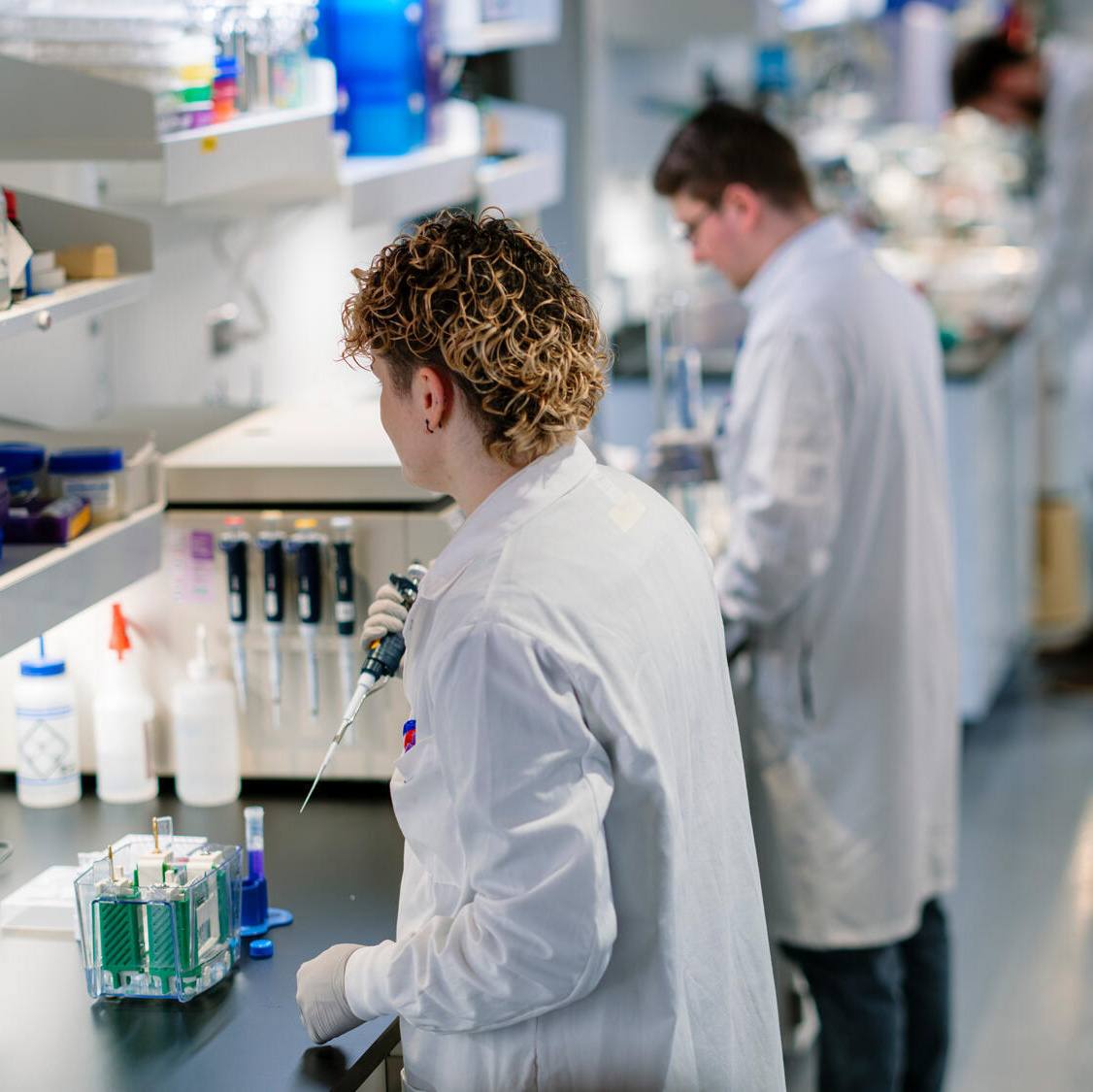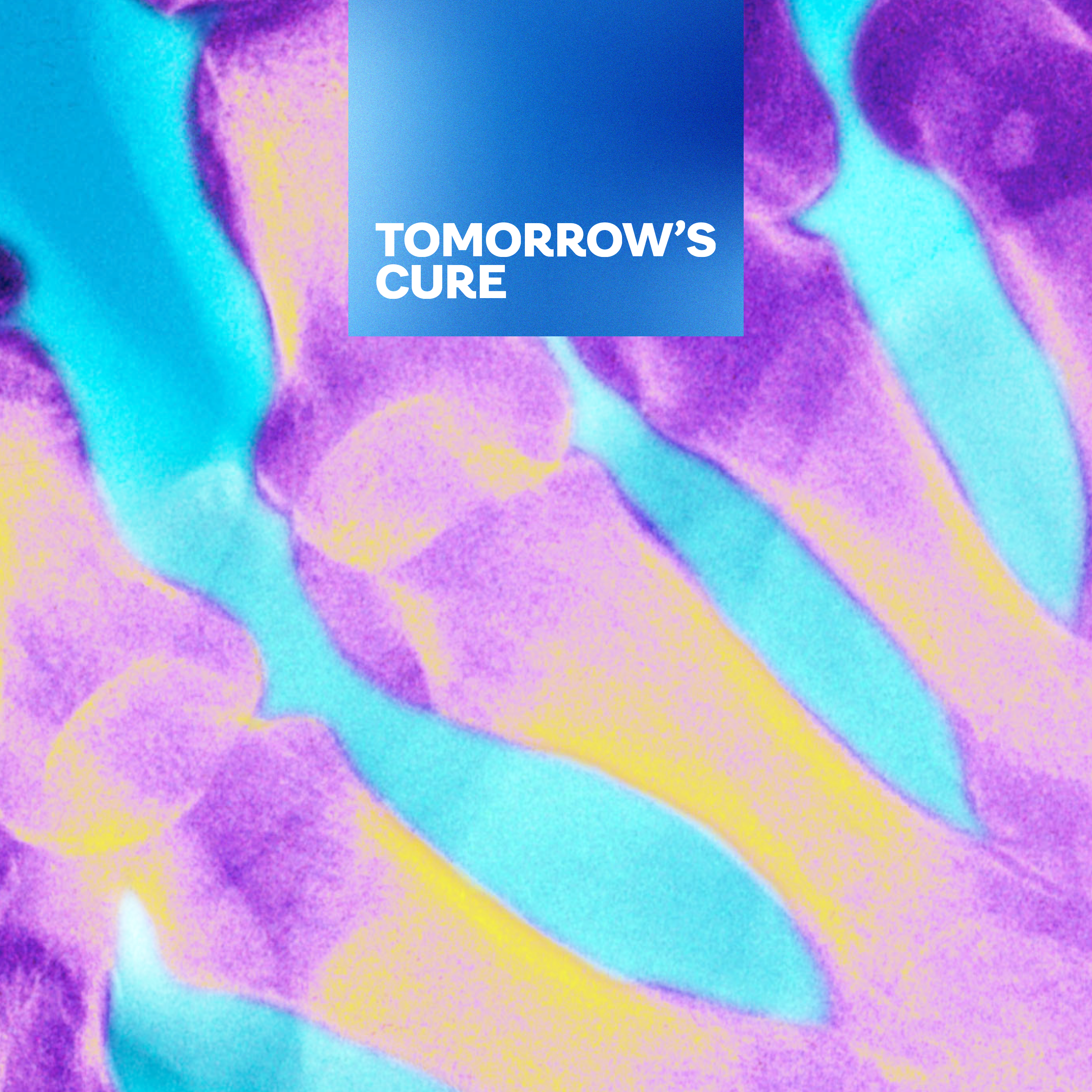-
Research
New Mayo Clinic genetic testing service for childhood short stature

Mayo Clinic's Division of Pediatric Endocrinology and Metabolism and Center for Individualized Medicine have developed a new genetic testing service and model for pediatric idiopathic short stature. That's when a child's height is below the corresponding mean height for a given age, sex and population.
"We were excited to help families find concrete genetic causes for children presenting with unexplained short stature," says Jennifer Kemppainen, a genetic counselor at Mayo Clinic. "We saw immediate and ongoing value to children and providers when we explored whether a genetic test would provide the information needed to establish a diagnosis and impact medical management."
Idiopathic short stature is the diagnostic group that remains after excluding known conditions in short children, such as growth hormone deficiency, dysmorphic syndromes, skeletal dysplasias, short stature secondary to small birth size and endocrine diseases.
"It is a common indication for referral in Endocrinology," says Ana Creo, M.D., a Mayo Clinic pediatric endocrinologist. "The differential diagnosis is broad, including endocrine disorders, systemic disorders and genetic disorders."
Mayo Clinic develops new Genetic Testing and Counseling unit

To meet the needs of children with idiopathic short stature, Mayo Clinic developed the Genetic Testing and Counseling unit. This unit includes genetic counselors, genetic counselor assistants, genetic nurses and a medical geneticist. Patients receive counseling and testing through a partnership between the Genetic Counseling team and referring specialty professionals.
"The partnership between a geneticist who truly understands translational genomics and an endocrinologist who understands the child's hormonal and growth profile provides the child with the best possible team to interpret the significance of any result," says Dr. Creo. "The partnership also helps in determining results since it is common to get indeterminate genetic testing results, known as variants of undetermined significance."
Many genetic disorders are associated with nonsyndromic growth hormone disorders, syndromic short stature and skeletal dysplasias. A subset of children is classified as having idiopathic short stature, which could be further subdivided into familial or nonfamilial short stature. The lack of features in childhood short stature often prevents genetic evaluation and diagnosis of nonsyndromic genetic short stature.
A genetic diagnosis in children with idiopathic short stature helps guide the prognosis and treatment decisions surrounding the use of growth hormone or insulinlike growth factor 1 therapy, as well as clarifying inheritance and recurrence risks.
Results of Mayo's genetic investigation of idiopathic short stature
From April to November 2021, the Genetic Testing and Counseling unit received 13 referrals, and all patients elected to proceed with genetic testing.
Of the patients tested:
- Multigene custom panels and chromosomal microarrays were completed for 11 patients.
- A chromosomal microarray was completed as a stand-alone test for one patient because a diagnosis was obtained with this initial test.
- Multigene panels identified a genetic diagnosis due to a pathogenic gene variant in five of 10 patients tested.
- Chromosomal microarray revealed a gene deletion consistent with a genetic diagnosis in one of the 11 patients.
- The diagnostic yield through this combined testing approach was 54%.
- Therapeutic options were available for all six solved cases.
- A molecular finding was confirmed in a parent in three out of six cases (two were adopted; one family declined parental testing)
- Four of the six (67%) solved cases had family histories consistent with the finding and associated features.
- Parental samples were submitted to help interpret the results in six of the 11 cases. Parents were not included in two of the 11 cases, and the patient was adopted in three of the 11 cases.

"We don't always find a genetic diagnosis in children with idiopathic short stature, but when we do, it has been very exciting to provide families with an answer and possible treatment in some cases," says Kemppainen. "Genetic testing is becoming an essential component of the diagnostic evaluation and treatment of patients and our goal is to provide quick and timely access to genetic counseling and testing."
The abstract summarizing the Mayo research team's work ― "Genetic Investigation of Idiopathic Short Stature in the Endocrinology Practice: The Mayo Clinic Experience" ― was recognized as a "Top Abstract" by the American College of Medical Genetics and Genomics.
Co-authors are Brittany L. Thomas; Filippo Pinto e Vairo, M.D., Ph.D.; Dr.Creo; Siobhan Pittock, M.D.; Seema Lteif, M.D.; Aditi Kumar, M.B.B.S.; Peter Tebben, M.D.; and Konstantinos Lazaridis, M.D. ― all of Mayo Clinic.
Learn more
Read more stories about advances in individualized medicine.
Register to get weekly updates from the Mayo Clinic Center for Individualized Medicine blog.
Join the conversation
For more information, visit Mayo Clinic Center for Individualized Medicine, or Twitter at @MayoClinicCIM.








